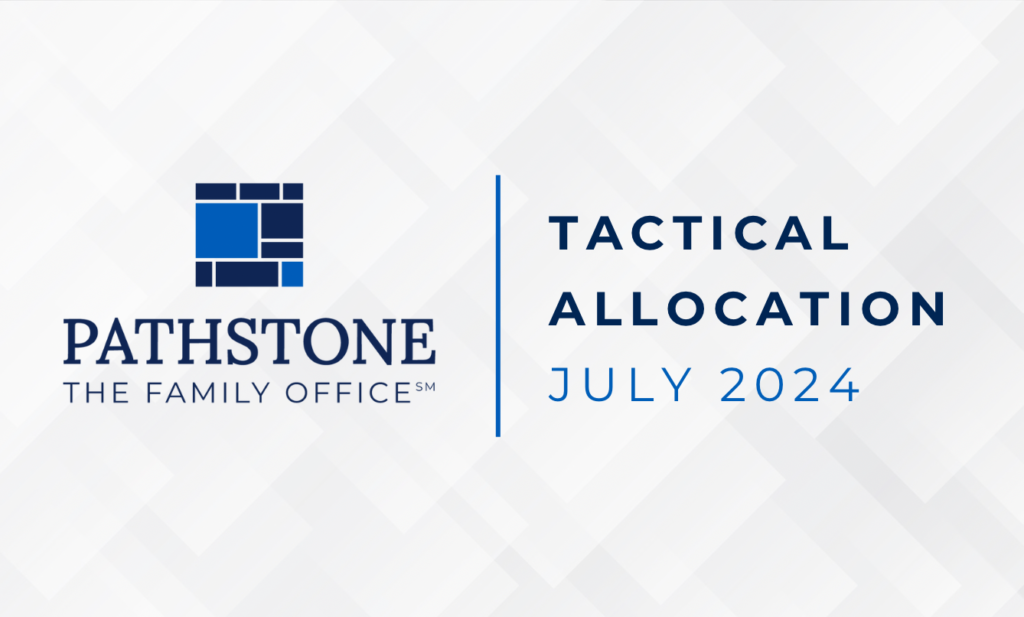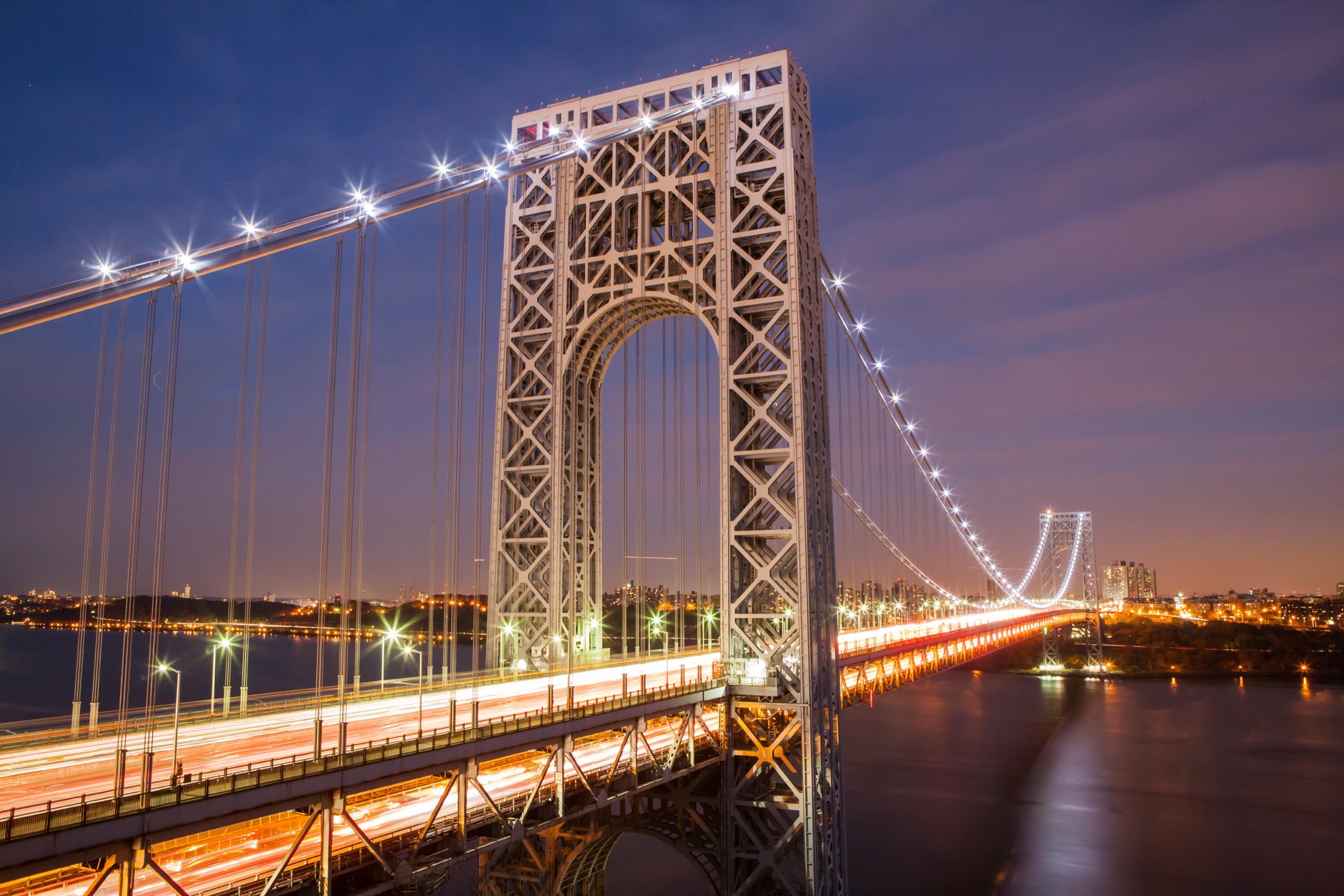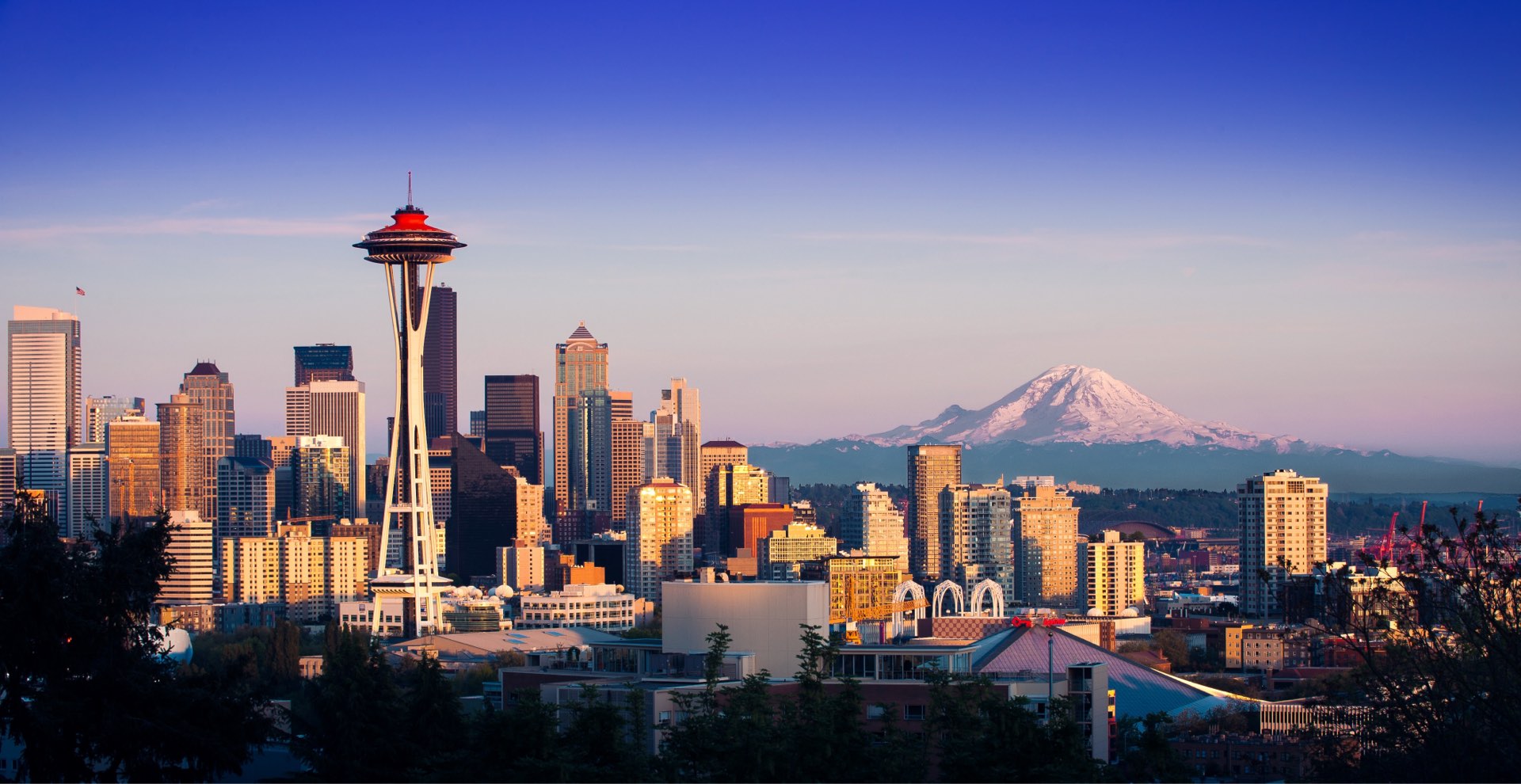There has been no shortage of headlines on the latest Chinese regulatory regime and associated volatility on the Chinese equity markets:
- Ant Group’s I.P.O. Is Halted by Shanghai Stock Exchange – NYT 11/6/20
- Why did Alibaba’s Jack Ma disappear for three months? – BBC 3/20/21
- Alibaba Hit with Record $2.8 Billion Antitrust Fine in China – WSJ 4/10/21
- China bans financial, payment institutions from cryptocurrency – Reuters 5/18/21
- Meituan Founder Donates $2.3 Billion Stake as Probe Persists – Bloomberg 6/3/21
- China Orders Ride-Hailing Firm Didi’s App Removed from App Stores – WSJ 7/4/21
- China to order Tencent Music to give up music label exclusivity – Reuters 7/12/21
- China Considers Turning Tutoring Firms into Non-Profits – Bloomberg 7/23/21
- Chinese market regulator strengthens protection for food delivery workers – Reuters 7/26/21
- Didi Global Considers Going Private to Placate China and Compensate Investors – WSJ 7/29/21
- Tencent Shares Drop After China Media Criticizes Video Games – NYT 8/3/21
The Chinese government, under current President Xi Jinping, has for some time now stated their desired goal of achieving strong social stability with a balance between growth and equality. What we’ve witnessed recently is an increased willingness of the People’s Republic of China (PRC) to crack down on corporations to drive social and policy outcomes, and the reverberations on the financial markets. These actions have not come without warning, but the market volatility suggests that perhaps investors expected that the government would take moderate or incremental actions, rather than drastic ones. While we closely follow these new developments, it is important to consider them in the context of history. In this paper, we will analyze China’s balancing act and look to provide some context to the current headlines, examine why they seem so familiar to those paying attention, and some of the new risks we’re looking to avoid.
China’s Balancing Act | The Vault – A Jump in Headlines
The current news cycle seemed to kick off in November of 2020 when Ant Group (owned by Chinese conglomerate Alibaba) scuttled their highly anticipated IPO, which was set to be the world’s largest. In the days following the news, China’s financial authorities emphasized the need to regulate financial technology companies. According to the WSJ, President Xi personally decided to halt the IPO and was said to be furious when he heard CEO Jack Ma’s comment that China regulators were too cautious and how Ma pilloried state-owned banks for their “pawnshop” mentality. The action highlighted the delicate balance between the two centers of power in the country, one a celebrated entrepreneur and the other a government uneasy about the growing influence and power his empire controlled.[1]
The headlines accelerated from there. Jack Ma disappeared for months, seemingly banished from the public eye, but rumors swirled as to his well-being. Shortly thereafter the antitrust campaigns ramped up. Alibaba was hit with a record $2.8 billion fine, but that was modest to what some market observers had expected. It seemed that the regulation boogeyman was let out and he was targeting the monopolistic misbehavior of Alibaba using their platform to exert control over the market, like pushing for exclusivity agreements to keep out competition. This was a similar critique and regulatory outcome for Tencent Music over their music exclusivity agreements. The government was seemingly looking to level the playing field to increase competition, but it didn’t hurt that they were knocking one of the most powerful companies in China down a peg either.
Then came the Didi Global fiasco. Dubbed the “Uber of China,” Didi ignored the critiques by the state regulators that they should improve the data security for their 377 million users, and moved forward with their hotly anticipated IPO on the New York Stock Exchange in June 2021.[2] Within days of their IPO, the news hit that regulators would be launching a data-security probe into Didi and would be blocking the China business from adding new users. Soon after, 25 Didi apps would be removed from application stores and websites. No new customers would be allowed until they complied with data privacy rules. It’s possible this was all driven by data security, it’s also possible the government wanted to send a message that listing offshore (in the U.S.) rather than in Hong Kong will result in greater scrutiny and regulatory issues, a cautionary message.[3] While these actions by China seemed harsh, it wasn’t that long ago when the U.S. government was looking to ban ByteDance app TikTok over data privacy concerns for U.S. users (namely government employees and contractors) on that platform.[4]
All of this came to a crescendo for hopefully China’s final routine. For years, President Xi has criticized China’s after-school tutoring (AST) programs, saying they “violated the laws of education” and imposed a heavy burden on families. In March 2021 representatives from several AST programs were called into a meeting with China’s Ministry of Education. They were told their material and content would be reviewed, and publications would be subject to advanced censorship. The issues at hand on AST were multi-faceted: there was cost, security, stressed-out children, ideology, and on top of all that the government was looking to increase the number of kids each family has, to help stave off a de-population crisis. In July, the State Council banned those AST firms from making a profit from teaching core subjects and restricted foreign investment in the companies.[5]
These headlines, among many others over the past year, have caught investor attention and driven down stock prices in recent months. To illustrate, the stock prices of several Chinese education companies collapsed by more than 90%. Through the end of July, the Chinese market was the worst performing country in the MSCI Emerging Market index in 2021, erasing its strong gains to start the year. While we are closely following these recent developments, we believe it is important to remind investors that this type of market intervention is not new for the Communist Party.
Familiar Routines
Our big takeaway from following these developments is that they seem very familiar. The underlying struggle for China to balance its power and control with growth and innovation creates conflict. Finding equilibrium will involve them adjusting between doing too little, the market reacting strongly, and then doing too much before they find an acceptable balance. This struggle has been going on for decades, so a review of the history is warranted.
Back in 1992 Deng Xiaoping’s “Southern Tour” resulted in allowing more ‘market forces’ to play a decisive role in the allocation of capital, gradually reducing the state’s involvement in the distribution of capital and restructuring state-owned enterprises to allow for further competition.[6] When Xi took over leadership of the Chinese Communist Party in 2012, he was quick to consolidate power, becoming what many political observers describe as the most powerful Chinese leader since Mao Zedong. Several of his reforms have been to reverse course on the perceived excesses from market participants. We have seen various cycles in these reforms, with regulation waves hitting in 2012, 2015, and 2018.
2015-2016 was a recent period that sticks out to us as a similar period that saw market excesses lead to a wave of regulations. China experienced significant pressure during this period, as the renminbi exchange rate kept moving down after the government surprised the market by devaluing the yuan, and the government used 1 trillion in USD reserves to support their currency and ward off a crisis. Macau was effectively shut down as the country went after graft and launched investigations at a record pace against “Tigers & Flies” (a reference to both high-ranking corrupt officials and those at the local level). As too often is the case, market stress led to the implosion of a large Ponzi scheme, Ezubao, a P2P (Peer-to-Peer) lending platform with 9 billion in USD from retail Chinese investors. Various property development companies (Evergrande, Baoneng Group) were implicated for using risky high-yield asset management products of their insurance subsidiaries in a hostile takeover of Vanke.
All of this set off alarm bells in Beijing.
The burgeoning ‘shadow banking system’ was piling on too much leverage and the financial risk was starting to worry party leaders. Regulations were passed to reduce financial risk, set social goals, and promote fairness in the system.[7] In December 2016, Liu Shiyu, chairman of the China Securities Regulatory Commission denounced “barbarians and bandits” engaged in the hostile takeovers.[8] The P2P lending system was largely filling a huge unmet need, as the underbanked in China numbered in the millions, and the state-owned banks only looked to provide loans to state-owned entities. The banking, asset management, and insurance sectors all faced tough new regulations from 2016-2018. This led to the desired reduction in financial risk in the system, as shadow banking assets decreased significantly (though still exists today) and usury laws were updated, but the new regulatory regime also led to a financing crunch, especially for non-state-owned (smaller) companies.[9]
In March 2018 we saw the Chinese government extend its social goals regulations on Tencent & Netease, as they banned for most of the year the release of any new video games without government approval.[10] The government’s criticism of video games continued to the present day, referring to them as ‘digital opium’ and looking to regulate exposure to children.
Today, China continues to face a huge challenge in finding the right balance between two important economic goals. First, the laissez-faire excesses of the past 30 years have contributed to the widening inequality gap. The latest regulatory reforms have been implemented with specific goals in mind to address wages, corruption, education cost, cybersecurity, usury interest, or monopoly power. Second, China’s desire to compete globally and be a perceived superpower will largely require that they not disrupt the growth and innovation from their highest growth sectors. While perhaps China would love to be able to drive that growth without foreign direct investment (FDI), that FDI has provided the proverbial gas that has fueled enormous growth in GDP per capita over the past few decades. With this in mind, one of the more recent headlines has caught our eye as one to watch closely.
Lapse of Control – VIE Structure Under Fire
One of the more significant recent focuses of the market has been on the VIE, which stands for ‘Variable Interest Entity.’ This is a complex instrument, but in simple terms, it is a legal business structure often established as a special purpose vehicle (SPV) for the passive holding of a financial asset. The VIE structure has been used by Chinese companies for overseas listing purposes, to allow foreign investors to buy the stocks where the Chinese government has restricted foreign investment in several sensitive sectors of the economy. This includes some of the largest companies in China, such as Alibaba, Tencent, JD.com, Baidu, and others. Historically the PRC has largely ignored VIEs, as they look to balance the use of foreign capital and expertise to help support economic growth, with their concerns for security. From a U.S. investor perspective, the VIE structure has allowed for easy access to high growth companies, albeit with a significant lack of investor protections as compared to traditional U.S.-listed stocks.
Recently, both China and the U.S. government have shifted their rhetoric on the use of VIEs, creating the potential for significant investor ramifications. China recently proposed that any future use of these structures must be done with the approval of the Chinese market regulators. This could be seen as a push from Beijing to see more stocks listed on their local exchanges, rather than listing in the U.S. For the U.S., the use of these structures has been put under pressure as the House passed legislation (Holding Foreign Companies Accountable Act) in late 2020 that threatened to delist foreign companies unless U.S. regulators are able to inspect their financial audits within three years.[11] While the trade war with China that dominated the news cycle in 2019 (which we previously covered here https://www.pathstone.com/the-future-of-u-s-china-trade-relations/) under President Trump has partly faded, the potential for VIEs to be at the center of future conflict between the two countries is something we will carefully watch.
The Dismount of China’s Balancing Act
From an investment perspective, China has always been a difficult market to navigate, which is why we prefer to invest with active managers who are thoughtful about balancing risks and opportunities at the company level. Our research team has been in close communication with our investment managers about how they may be adjusting the Chinese investments in their portfolios through this cycle. The consensus seems to be that many of the leading technology sector stocks still meet their high-quality growth criteria, so they are maintaining these positions. For the valuation-sensitive managers, the volatility in the markets could present attractive entry points to high-quality companies. Where they have expressed caution is in the for-profit education industry, where they have adjusted estimates on growth prospects, valuations, and risk assessments. In response to the risk of VIE structures, we have seen active managers that traffic in these markets proactively opting to swap from the U.S.-listed securities to the local Hong Kong listings, if they are available. The consensus is that the risk of delisting is low, and if it occurs there will be a long time before delisting takes effect. Their desire is to be proactive in any ensuing liquidity crunch by relisting overseas, removing the uncertainty from the equation.
While jarring to the market when the headlines break, investors who are paying attention will note that the Chinese government has been largely open and upfront about these goals. These policy decisions are largely popular among Chinese citizens and easy ‘wins’ for the Communist Party to show meaningful changes designed to benefit middle-class families. Like many things in China, the truth is difficult to determine but we view these recent actions to be consistent with the pattern that we’ve seen over the past 9 years of Xi’s tenure as paramount leader. It remains to be seen if they will get this balancing act just right, or dare we say, stick the landing, but we’ll continue watching their routine intensely.
If you have any questions or would like to discuss China’s Balancing Act: The Pattern We’ve Seen Before, please contact us.
Please see the PDF version of this article for important citations and disclosures.
[1] https://www.wsj.com/articles/china-president-xi-jinping-halted-jack-ma-ant-ipo-11605203556
[2] https://www.wsj.com/articles/in-the-new-china-didis-data-becomes-a-problem-11626606002
[3] https://www.reuters.com/technology/what-is-driving-chinas-clampdown-didi-data-security-2021-07-07/
[4] https://www.wsj.com/articles/tiktok-user-data-what-does-the-app-collect-and-why-are-u-s-authorities-concerned-11594157084
[5] https://www.scmp.com/economy/china-economy/article/3143551/why-china-cracked-down-education-and-upended-us70-billion
[6] https://en.wikipedia.org/wiki/Xi_Jinping#Reforms
[7] https://www.seafarerfunds.com/prevailing-winds/chinas-credit-crackdown-financial-risks-and-political-red-lines/
[8] https://www.scmp.com/news/china/economy/article/2053563/battling-beasts-black-stock-market-lagoon
[9] https://www.scmp.com/news/china/economy/article/2155706/caught-chinas-cash-crunch-why-private-companies-are-collapsing
[10] https://www.cnbc.com/2019/03/11/tencent-shares-recovery-in-2019-after-it-was-battered-in-2018.html
[11] https://www.barrons.com/articles/china-delisting-bill-could-pass-this-week-in-u-s-what-that-means-for-investors-51606903200




















